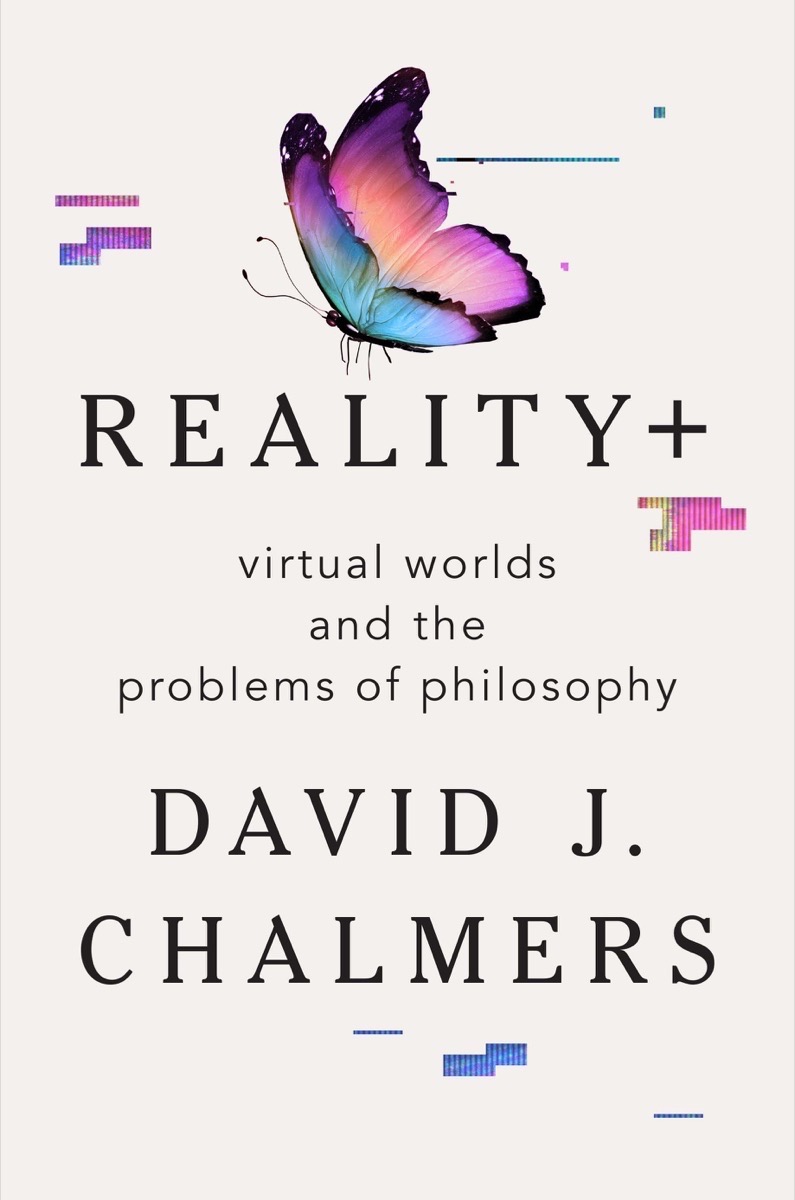What do you think?
Rate this book


544 pages, Hardcover
First published January 25, 2022
Many hold that when the existence of the external world is in question, Moore is not entitled to simply assume he has hands. In this context, the assumption "I have hands" begs the question; Moore's claim that he has hands presupposes the conclusion of the argument, which is that the external world exists. When the premise of an argument presupposes its conclusion, it's a circular argument; you need to assume the conclusion to get to the conclusion.This is an unnecessarily verbose and chunky passage of text where he could have just said:
Many hold that Moore is not entitled to simply assume that he has hands because that claim presupposes the conclusion of the argument, which is that the external world exists. This is an example of a circular argument.This book was almost 500 pages and it could probably have reduced about a third, or even half, of its length if Chalmers had been more mindful of being concise (or had a better editor...).
You might object that a creature in a simulation would have many false beliefs. For example, a sim might think, ‘I’m in New York,’ when in fact the simulation is running on a server in Silicon Valley. Is the sim’s belief false this time? No! When the sim says, ‘New York,’ the name doesn’t refer to the unsimulated New York on Earth. It refers to a place on Sim Earth: Sim New York. The sim is indeed in Sim New York … when a sim says ‘in,’ that word means virtually in,’ … so when the sim thinks ‘I am in New York,’ this means that the sim is virtually in Sim New York, which is true.